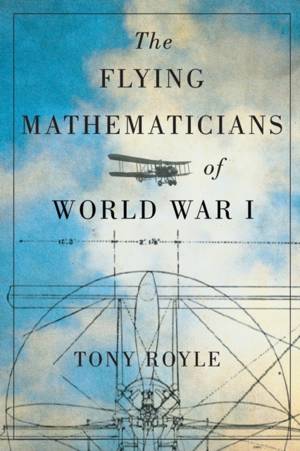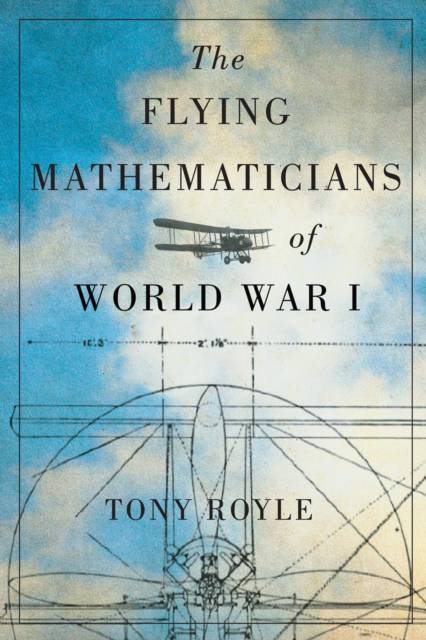
- Afhalen na 1 uur in een winkel met voorraad
- Gratis thuislevering in België vanaf € 30
- Ruim aanbod met 7 miljoen producten
- Afhalen na 1 uur in een winkel met voorraad
- Gratis thuislevering in België vanaf € 30
- Ruim aanbod met 7 miljoen producten
Zoeken
Omschrijving
Keith Lucas was killed instantly when his BE2 biplane collided with that of a colleague over Salisbury Plain on 5 October 1916. As a captain in the Royal Flying Corps, Lucas would have known that his death was a very real risk of the work he was doing in support of Britain's war effort. But Lucas wasn't a career pilot - he was a scientist. The Flying Mathematicians of World War I details the advances and sacrifices of a select group of pioneers who left the safety of their laboratories to drive aeronautics forward at a critical moment in history. These mathematicians and scientists, including Lucas, took up the challenge to advance British aviation during the war and soon realized that they would need to learn how to fly themselves if they were to complete their mission. Set in the context of a new field of engineering, driven apace by conflict, the book follows Lucas and his colleagues as they endured freezing cockpits and engaged in aerial versions of Russian roulette in order to expand our understanding of aeronautics. Tony Royle deftly navigates this fascinating history of technical achievement, imagination, and ingenuity punctuated by bravery, persistence, and tragedy. As a result, The Flying Mathematicians of World War I makes accessible the mathematics and the personal stories that forever changed the course of aviation.
Specificaties
Betrokkenen
- Auteur(s):
- Uitgeverij:
Inhoud
- Aantal bladzijden:
- 288
- Taal:
- Engels
Eigenschappen
- Productcode (EAN):
- 9780228003731
- Verschijningsdatum:
- 22/10/2020
- Uitvoering:
- Hardcover
- Formaat:
- Genaaid
- Afmetingen:
- 163 mm x 231 mm
- Gewicht:
- 566 g

Alleen bij Standaard Boekhandel
+ 130 punten op je klantenkaart van Standaard Boekhandel
Beoordelingen
We publiceren alleen reviews die voldoen aan de voorwaarden voor reviews. Bekijk onze voorwaarden voor reviews.











